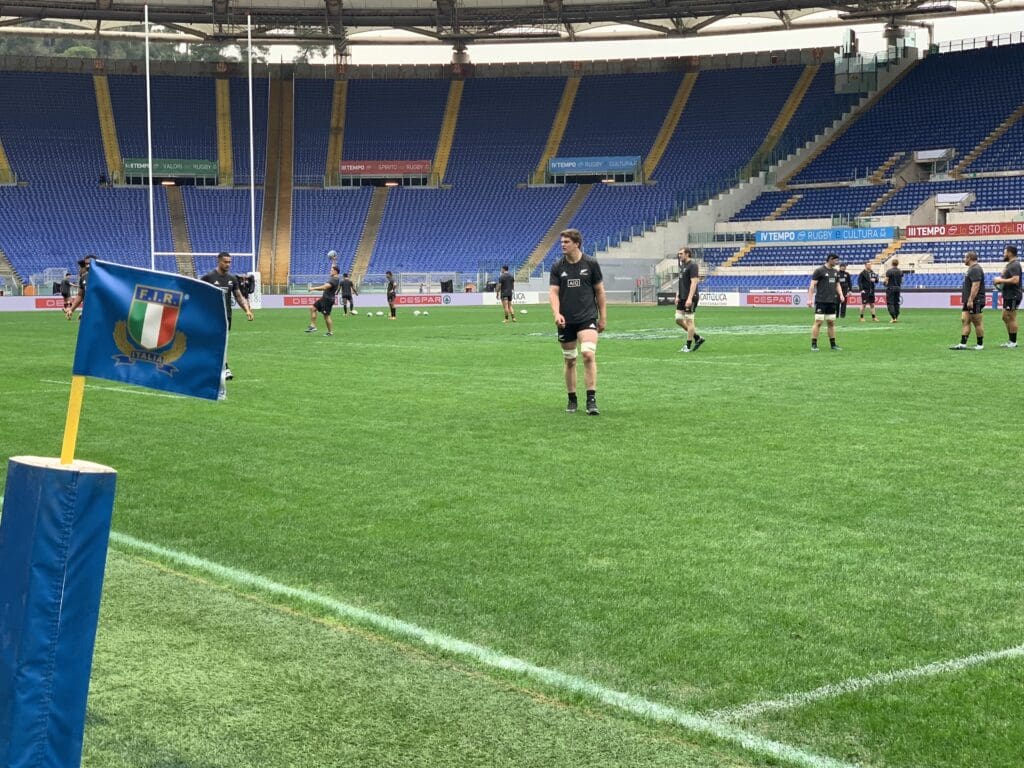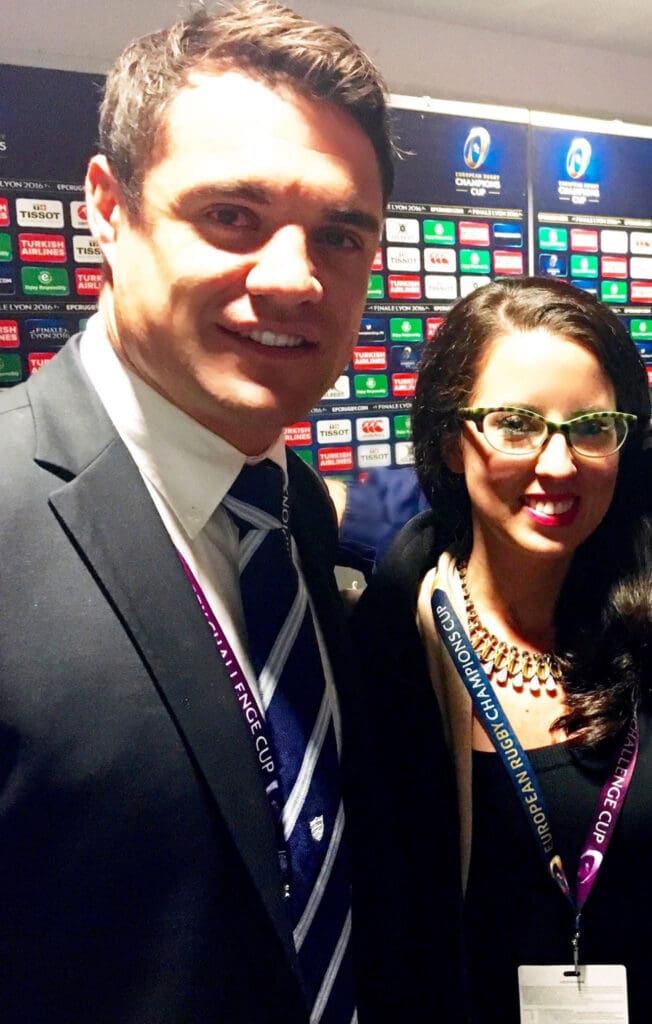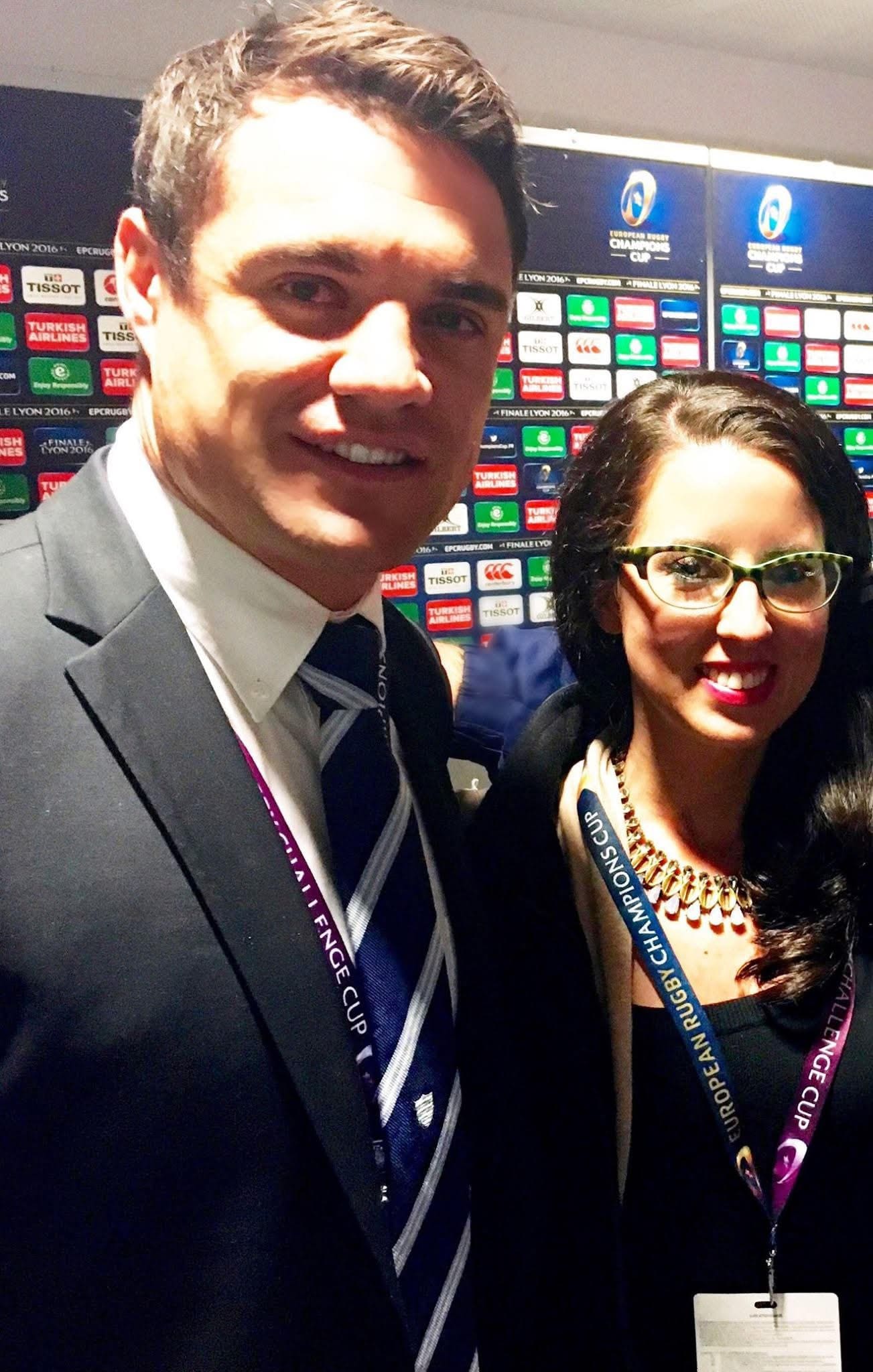When was the last time you were faced with a challenge that made you this close to giving up, but instead of doing so, you soldiered on?
Every day, we go through negative experiences and stressful situations. After all, they form a large part of the human experience. For many of us, facing adversity has negative repercussions on our mental and physical health. These, in turn, can affect how we function in social and occupational functions.


At an All Blacks training — a masterclass in grit and resilience. As Angela Duckworth notes, long-term success comes from passion and perseverance, not just talent. A mindset we bring into leadership coaching at Upwyse.
Mental toughness has been classified as an “important individual difference factor” that enables individuals to effectively deal with challenges and persevere in the face of immense pressure. A study by Ying Lin et. al highlights the value of mental toughness: “[Mental toughness] does not only reflect an effective coping mechanism as reaction to stressors (e.g., reappraising stressful situations as opportunities for self-development) but also allows individuals to proactively seek out opportunities for personal growth due to high levels of confidence in one’s abilities.”
Mental toughness is also known as grit. “Grit is passion and perseverance for long-term goals,” shares researcher and author Angela Duckworth. “Grit isn’t talent. Grit isn’t luck. Grit isn’t how intensely, for the moment, you want something… Talent and luck matter to success. But [they] are no guarantee of grit. And in the very long run, I think grit may matter as least as much, if not more,” she adds.
It follows four core principles: control, commitment, challenge, and confidence.
The concept of mental toughness first made waves in sports psychology. Over the years, it has made its way beyond sports psychology. Today, mental toughness has become a mainstream notion that is exhibited by leaders, athletes, and ordinary people.
Dan Carter: Rediscovering Passion Through Resilience
Dan Carter, one of rugby’s most celebrated fly-halves, faced a challenging period in 2013. Plagued by a series of injuries, he found himself questioning his future in the sport. The physical setbacks were compounded by a loss of form, leading to a crisis of confidence.The Players’ Tribune
Recognizing the need for a break, Carter took a six-month sabbatical from rugby. During this time, he distanced himself from the game, traveling and engaging in activities unrelated to rugby. This period of reflection allowed him to reconnect with his passion for the sport.
Upon his return, Carter approached the game with renewed vigor and perspective. His resilience and mental fortitude culminated in a stellar performance at the 2015 Rugby World Cup, where he played a pivotal role in New Zealand’s victory.
Carter’s journey underscores that mental toughness isn’t solely about enduring physical pain or pushing through adversity. Sometimes, it involves stepping back, reassessing one’s goals, and reigniting the inner drive that fuels performance.

Dan Carter’s experience illustrates that mental strength can manifest in various forms, including the courage to take a step back and the determination to return stronger.
Resilience isn’t about pushing harder — it’s about adapting smarter. At Upwyse, we help leaders apply these principles in real life, using tools like the Genos® EI assessment and Leadership Circle Profile® to navigate challenges with clarity and confidence.
👉 Let’s talk about how this approach can work for you or your team.
